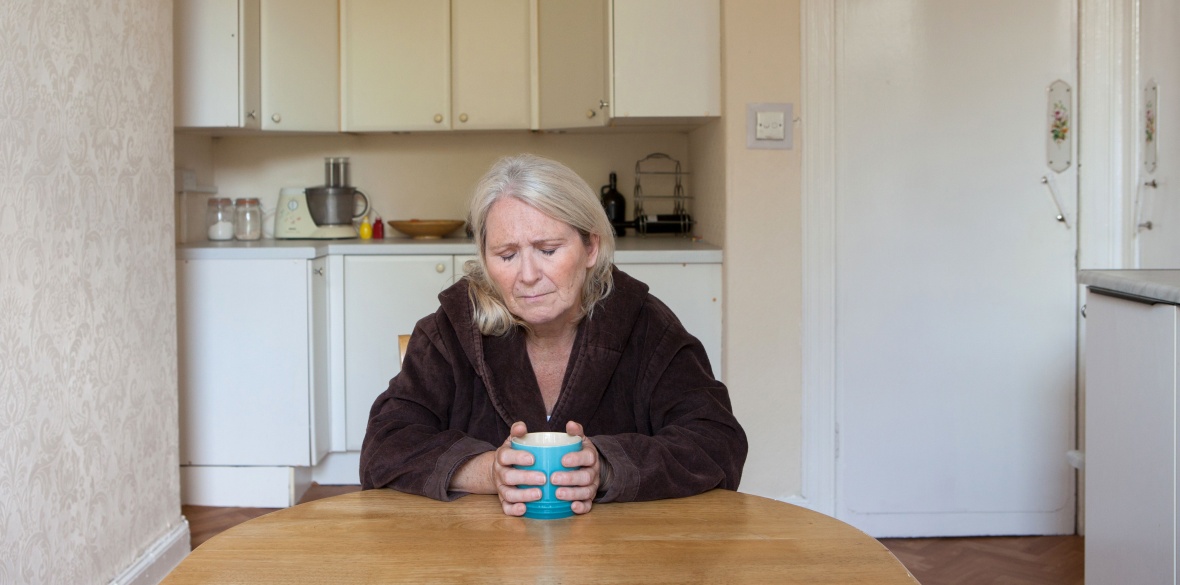This is the last article you can read this month
You can read more article this month
You can read more articles this month
Sorry your limit is up for this month
Reset on:
Please help support the Morning Star by subscribing here
A COUNTRY’S response to the violence in its society against women can be assessed by the results of the measures it takes to end it.
The United Nations International Day for the Elimination of Violence against Women and Girls 2022 is a good time to take a look at how Britain is shaping up in this respect.
The British government published its strategy of tackling violence against women in July 2021 and a progress update in March 2022.
Mayor of London Sadiq Khan has published a “refreshed” Violence Against Women and Girls Strategy for London, The Strategy 2022-25. Greater Manchester Mayor Andy Burnham added to the city’s Gender-Based Violence Strategy of September 2021 with a new campaign published in December 2021 aimed at challenging the behaviour of men and boys.
Other cities and towns in Britain have set up multi-agency partnerships focused on tackling sex-based violence, setting up local projects to improve the safety of women especially at night, funding support services, promoting relationship and sex education at secondary schools.
So, is it working?
According to the Office for National Statistics report, The Lasting Impact of Violence Against Women and Girls, published on November 24 2021, there has been little change to the trends of domestic abuse, sexual assault and stalking over the last 10 years.
Around 7 per cent of women in England and Wales between the ages of 16 and 74 experience domestic abuse (that’s 1.6 million women) and 3 per cent suffer attempted or full sexual assault. Five per cent of us are stalked.
As abuse often starts early in a girl’s life, perhaps one of the more shocking statistics is that an estimated 5.1 million women, aged between 18 and 74, had experienced some form of abuse before the age of 16.
This could include FGM, physical and sexual abuse and psychological harm from witnessing domestic abuse etc.
All of these are classed as acts of gender-based violence, including threatening or coercive behaviour, by the 1993 UN Declaration on the Elimination of Violence against Women and Girls.
Several high-profile cases, including femicide, over the past two years have spotlighted sexism, misogyny and violent behaviour towards women in the very organisation that should be protecting us — the police force.
Low levels of prosecution of perpetrators of serious acts of violence against women and girls gives us no confidence in our police or judicial system.
Baroness Louise Casey’s review into the culture and standards of behaviour of the Metropolitan Police force following the murder of Sarah Everard has exposed the extent of the failures of the vetting system, allowing sexist and misogynistic police officers to remain in the force, even when they had convictions for sexual misconduct or racism. The report’s findings, appalling though they are, came as little surprise to many women.
If strategies by government — national and local — are leaving women and girls no better off than they were 10 years ago, then something needs to change.
This is a matter for everyone, but women must take the lead. We need a united women’s movement in Britain that can make this issue a top priority, calling out sexism wherever it shows itself; working across communities and within trade unions to support women by fighting for the services they need for protection and survival.
This cannot be all, though. We need to link this to the struggle for radical change towards a socialist society which finally begins to address the roots causes of sexism and patriarchal attitudes, looks at the issue of sex-based violence from our point of view and shifts the decision making on how to end it to us.
Carol Stavris is the Communist Party’s all-Britain women’s organiser.










